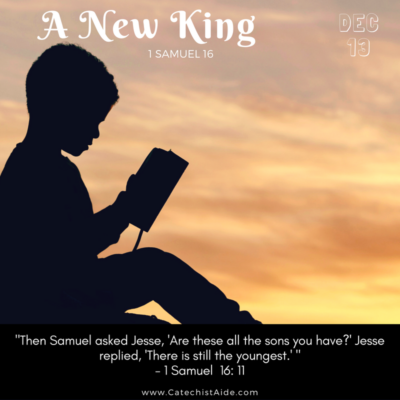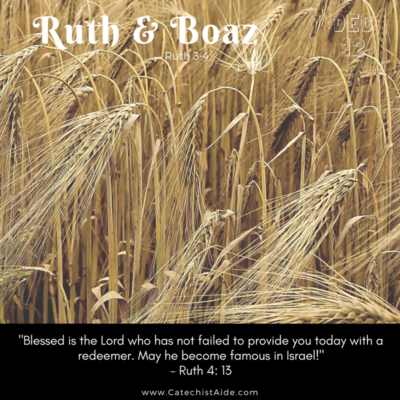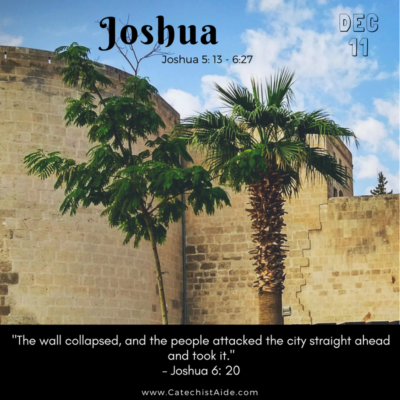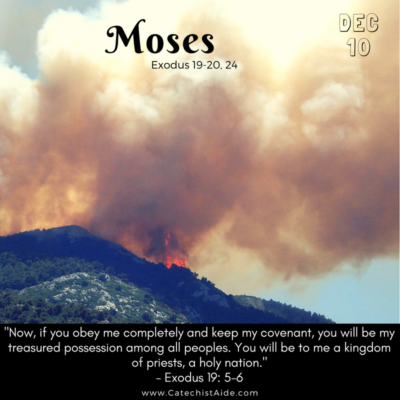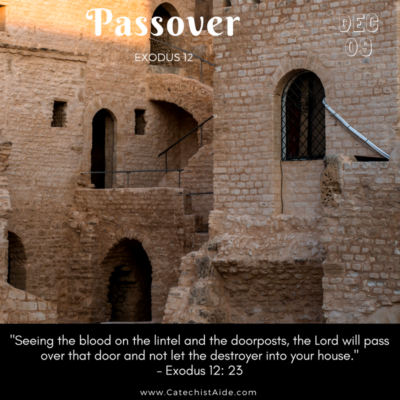December 13: A New King
Traditional Ornament: Horn of Oil
Reading: 1 Samuel 16
“Then Samuel asked Jesse, ‘Are these all the sons you have?’ Jesse replied, ‘There is still the youngest.'” (1 Samuel 16:11)
After Saul’s disobedience, God rejected him as Israel’s king. The Lord then sent Samuel to the home of Jesse of Bethlehem, to anoint a new king that He had chosen from among Jesse’s sons. Jesse presented his seven older sons to Samuel, but none were the one that God had chosen. When Samuel inquires are there any other sons, Jesse sent for his youngest, David, a handsome boy who was out tending sheep. God confirmed to Samuel that this young boy, David was the one to be anointed. Samuel anointed the boy with oil, and “the spirit of the Lord rushed upon David.” (1 Samuel 16:13)
The story of David’s anointing reminds us that God has a plan for each of us, even when we are still young. David, while still a child, was chosen by God to be king of Israel. God’s plan may not be for us to be rulers or people of great importance in the world, but we are all called to serve God in important ways. As God reminded Samuel, “God does not see as a mortal, who sees the appearance. The Lord looks into the heart.” (1 Samuel 16: 7) What did God see when He looked into David’s heart? This Advent is a good time to ask, “what does God see when He looks into our hearts?”
© 2017 Catechist’s Aide
